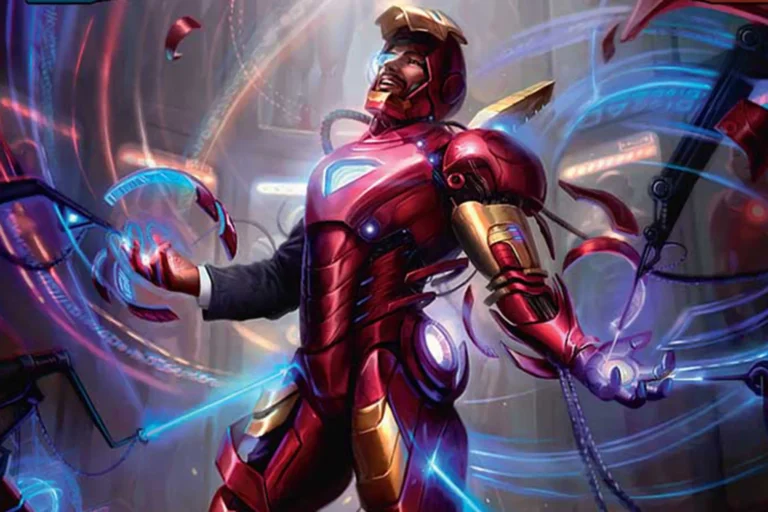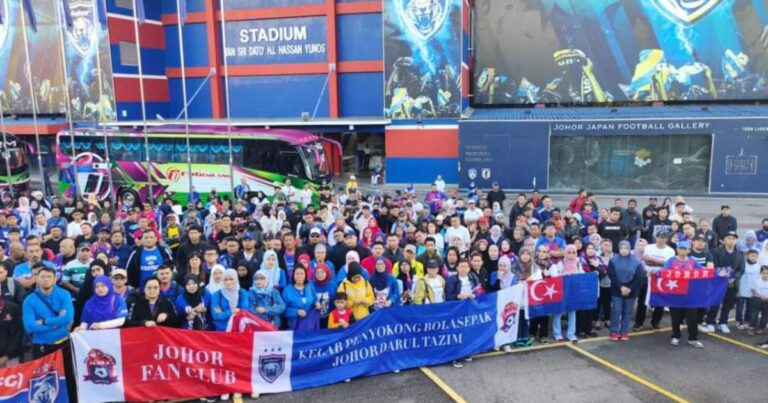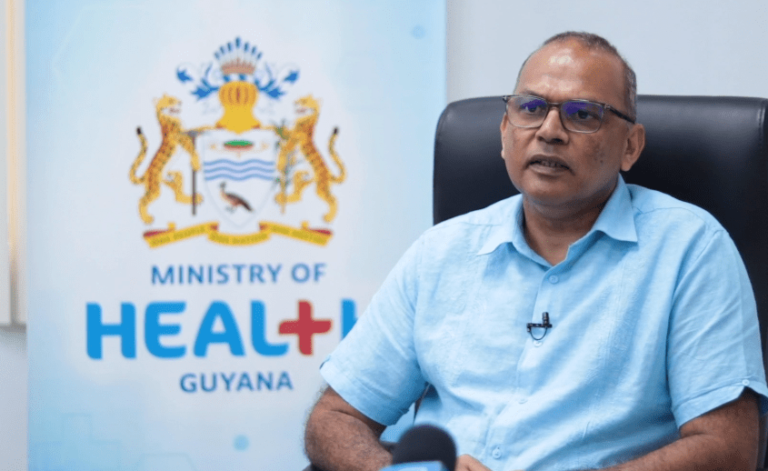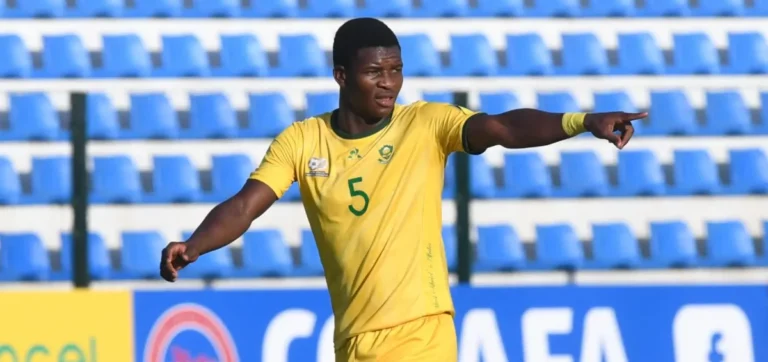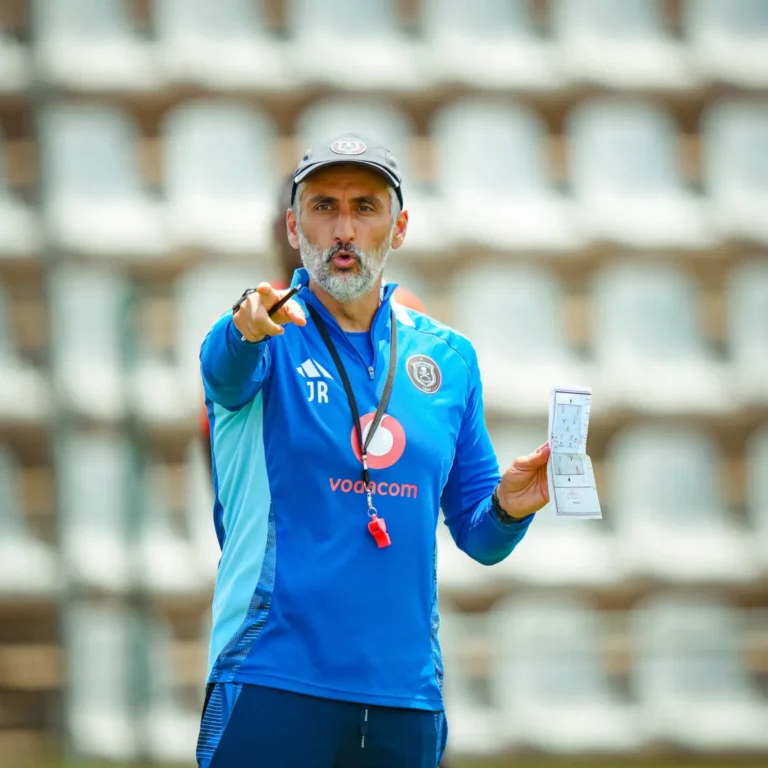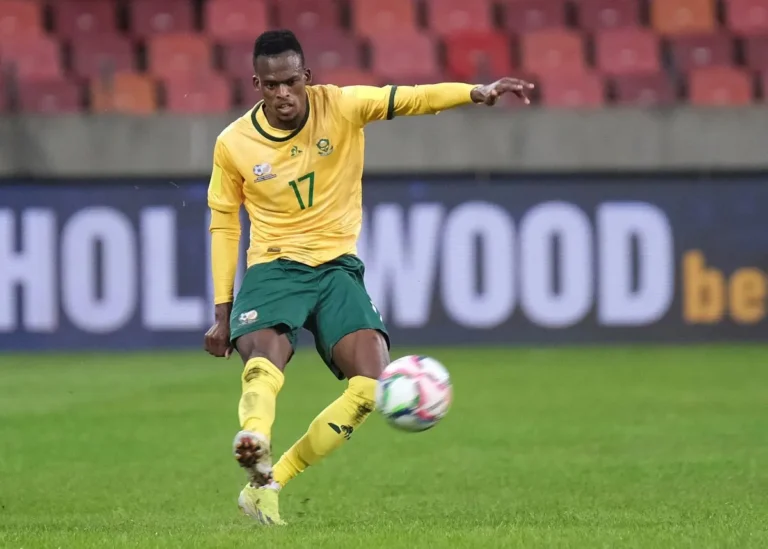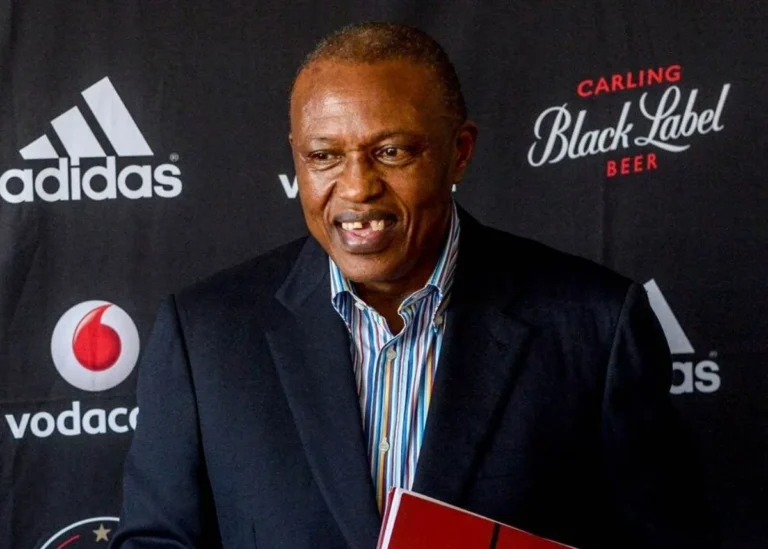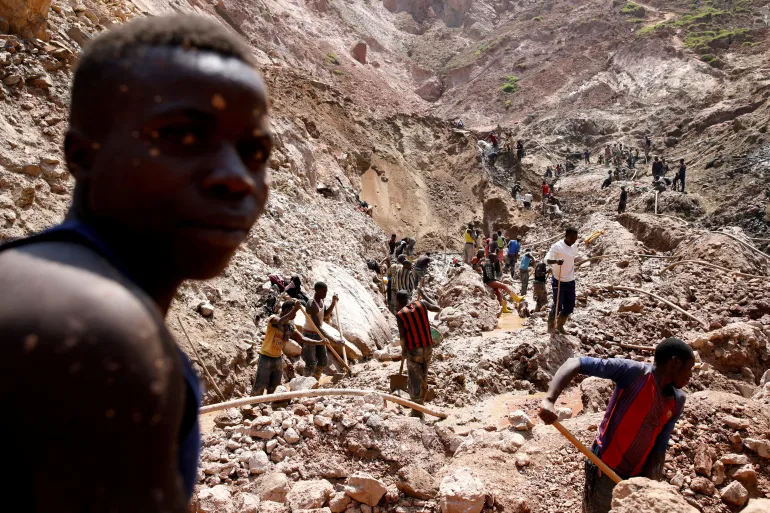
A partnership between the European Union and Rwanda will guarantee a supply of precious minerals required to produce clean technology, such as solar panels and electric vehicles, as the green revolution picks up steam.
What’s not to enjoy? After signing a Memorandum of Understanding in February, the European Commission stated that the agreement will “nurture sustainable and resilient value chains for critical raw materials.”
However, nothing is as it seems. Rwanda is a country that exports more than it mines, it turns out. Large quantities of gold and coltan are smuggled into Rwanda from the war-torn Democratic Republic of the Congo, where they are incorporated into international supply networks.
The DRC war has been the subject of extensive documentation by United Nations experts on the racket. This is because the Rwandan genocide, which has continued for almost three decades, has left the outside world largely unaware of the widespread use of rape as a means of subduing enemies and the massacres that have claimed the lives of an astounding six million people.
The M23 rebels, who say they are defending indigenous Tutsis in the resource-rich east against Hutu genocidaires, are crucial in transporting supplies over Lake Kivu, according to the Democratic Republic of Congo. Rwanda has continuously refuted the DRC’s accusation that it supports the M23.
The illicit trade in minerals was causing the Congolese economy to lose $1 billion annually, according to Nicolas Kazadi, the country’s finance minister, last year.
There is no shortage of proof that conflict minerals are contaminating supply chains in addition to igniting hostilities. Therefore, why is the EU avidly pursuing the prizes despite having denounced Rwanda’s involvement in the conflict?
The war-torn eastern provinces of North and South Kivu are the focus of attention as the clean energy revolution gains momentum. These regions mine a large portion of the nation’s 3T minerals, which are derived from coltan and are needed for everything from turbines to tiny electrical components.
The DRC and Rwanda have been embroiled in escalating conflicts since 2021, with both countries accusing the other of providing support to different militias. These minerals are mined among the chaos of a conflict involving over 100 armed factions.
